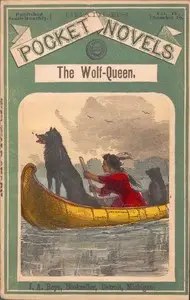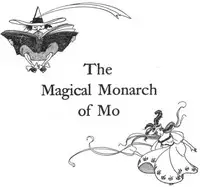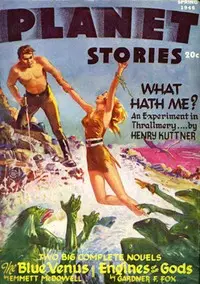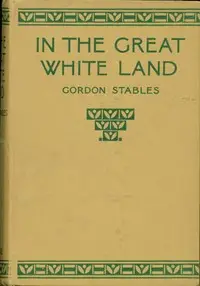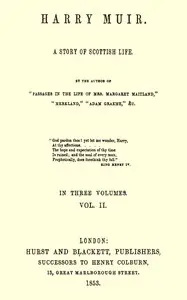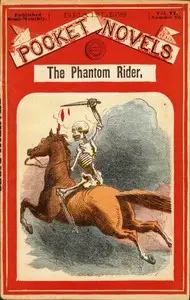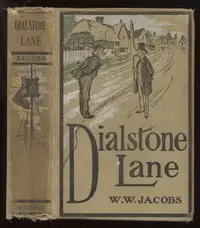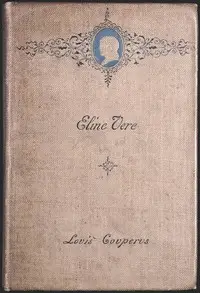"The Vagabond in Literature" by Arthur Compton-Rickett is a literary analysis written in the early 20th century. The book explores the concept of the "Vagabond" as a character type in literature, focusing on writers who embody a restless spirit and a passion for the earth, often in conflict with societal conventions. The study examines the literary personalities of notable figures such as William Hazlitt, Thomas De Quincey, and Walt Whitman, illustrating how their vagabond traits manifest in their works. The opening of the book introduces the meaning of "vagabond" not in a negative sense but as an exploration of writers who possess an innate wanderlust—both physically and intellectually. Compton-Rickett discusses the core characteristics of the vagabond temperament: restlessness, a deep passion for the earth, and a degree of aloofness or emotional reserve towards society. Additionally, he emphasizes the interplay of biography and literature in revealing these authors’ unique perspectives, setting the stage for a deeper dive into how these traits influenced their literary expressions and contributions. The author invites readers to understand the vagabond spirit as a complex and enriching aspect of literary history that reflects broader human experiences. (This is an automatically generated summary.)

The Vagabond in Literature
By Arthur Compton-Rickett
"The Vagabond in Literature" by Arthur Compton-Rickett is a literary analysis written in the early 20th century. The book explores the concept of the ...
Genres
Released
2010-08-05
Formats
epub
mobi
epub3 (images)
epub (images)
mobi (images)
Free Download
Overview
About the Author
Information on this author is scarce, but their work continues to inspire readers.
Total Reviews
10.0k
Total reviews from Goodreads may change


